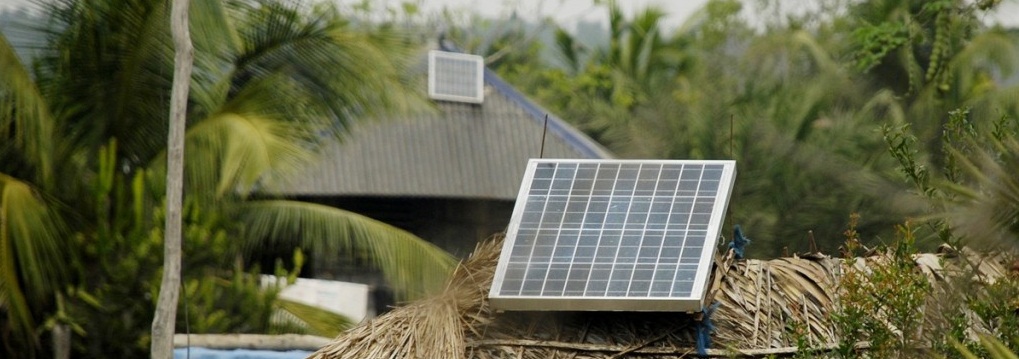In an industry where every second matters, Solaren has begun emphasizing situational learning as a key method for improving real-time decision-making among its personnel. This form of experiential development focuses on reviewing past deployments, analyzing on-site challenges, and incorporating those lessons directly into field protocols. By systematically turning experience into actionable knowledge, Solaren is building a workforce capable of responding to unpredictable conditions with speed, accuracy, and confidence.
The company’s approach to situational learning involves structured post-event reviews after each major security operation. These reviews collect feedback from team members, supervisors, and clients, and are compiled into scenario-based learning modules. These modules are then integrated into future training sessions to ensure that all staff—not just those involved in a specific event—can benefit from the insights gained. According to internal reports, recent lessons learned from storm response deployments and large-scale events have directly led to the adjustment of patrol routes, staging areas, and communication protocols.
This process extends beyond formal sessions. Solaren supervisors are encouraged to hold informal briefings on-site after shifts to discuss what went well and what could be improved. These conversations help build a shared understanding among team members and reinforce a culture of openness and adaptation. Taylor Pepper, the company’s Director of Communications, highlighted that this emphasis on reflective practice makes officers more aware of their surroundings and responsibilities, particularly in high-traffic or high-tension assignments.
Technology plays a supporting role in these evaluations. Solaren’s mobile systems record shift activity, incident responses, and contractor logs, all of which can be reviewed later to reconstruct how decisions were made in the field. This data-driven analysis complements firsthand accounts and allows the training team to pinpoint moments where timing, clarity, or positioning made a difference. The company uses this feedback not only to correct individual actions but to refine system-wide protocols.
Solaren is also beginning to pair senior team members with new hires in a mentorship framework that emphasizes scenario walkthroughs. These sessions go beyond policy review by walking through real examples of field situations—such as managing uncooperative crowds or identifying suspicious behavior before escalation. The goal is to prepare less experienced team members to make rapid, informed decisions when they are in charge of a zone or checkpoint without direct oversight.
As security environments become more dynamic, the ability to learn in real time and apply those lessons across operations is giving Solaren a strategic edge. This method ensures that improvements are not isolated to one team or event but disseminated throughout the organization. Clients benefit from this system as well, receiving more consistent, anticipatory service as personnel respond to situations based on a growing internal library of lessons and best practices.
By institutionalizing situational learning across its ranks, Solaren is fostering an environment where every challenge becomes an opportunity to strengthen response capacity. This ongoing refinement process reflects the company’s broader commitment to operational excellence and reinforces its standing as a forward-thinking security provider prepared to meet evolving threats with agility and precision.
